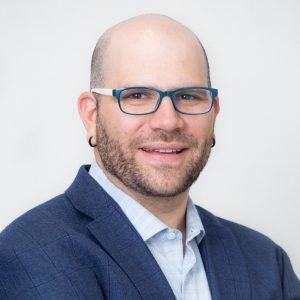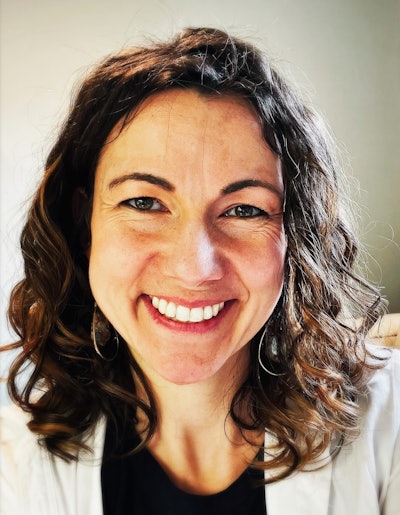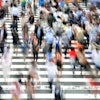Free expression organization PEN America is suing Florida’s Escambia County School District and School Board, alleging that the district’s recent book bans areunconstitutional.
Joining PEN are authors, parents, and the largest book publisher in the country: Penguin Random House. Dr. Jonathan Friedman
Dr. Jonathan Friedman
The school district’s recent attempts to challenge what books its students have access to began in 2022, with Northview High School language arts teacher Vicki Baggett challenging more than 100, including picture books, young adult novels, and nonfiction pieces.
According to the lawsuit – filed May 17 in federal court – the board’s removals and access restrictions of books about race and LGBTQ+ identities are in violation of the First Amendment and the Equal Protection Clause of the Constitution, the latter given that the selected books were disproportionately written by non-white and/or LGBTQ+ authors, and often contain matters related to race or LGBTQ+ identity.
In making these changes, the board dismissed recommendations from the district review committee responsible for assessing book challenges, the suit stated.
“By ignoring these recommendations, the school district made clear that its interests are in censoring certain ideas and viewpoints, not pedagogy, and that it is willing to allow an extremist minority to substitute its political agenda for the judgment of educators and parents,” the PEN America press release stated.
The lawsuit is asking for the affected books to be put back on school library shelves.
"[PEN America has] been watching the book bans in Escambia County,” Dr. Jonathan Friedman, director of free expression and education programs at PEN America, said in an email. “They're blatantly unconstitutional. These are efforts to silence, to stigmatize, to basically select out from school books that talk about race, racism, or LGBTQ lives, with no regard for due process, for reading books before they're removed, or the notion that such books could have literary or education merit for young people."
The suing authors – their books have been removed or restricted from student access – include the likes of author and children’s book illustrator Sarah Brannen, young adult fiction authors David Levithan, George M. Johnson and Dr. Ashley Hope Pérez, and children’s book author Kyle Lukoff.
The books that have been banned include Johnson’s "All Boys Aren’t Blue," which discusses the experiences of a Black queer boy and sexual assault; Justin Richardson and Peter Parnell’s And Tango Makes Three, a real-life inspired story about two male penguins raising a baby chick; and Alice Sebold’s Lucky an autobiographical story about rape in college.
 Dr. Ashley Hope Pérez
Dr. Ashley Hope Pérez
"They act as though, by banning my book, which deals with sexual assault, ... they're addressing sexual assault. No, that's still happening,” Pérez said. “You've just taken away a resource that serves young people in being able to talk about the harm that occurs in our communities."
The conversations that lead to such books being banned often don’t involve the people who the bans and restrictions would affect: the students themselves, said Pérez, a former high school English teacher at César E. Chávez High School and assistant professor of comparative studies at The Ohio State University.
Pérez added that these changes would most affect students with the fewest resources, those who depend on school libraries.
"One of the things that vexes me the most as a former high school teacher is how often these conversations about whether this book or that book should be allowed completely excludes the young people that want the resources in their school libraries,” she said. “Overwhelmingly, young people tell you: 'These are issues we're facing in our real lives. This is the history of our country. We want to know about it. We want more opportunities to talk about hard stuff, not fewer."
She added: “Over and over, I have seen school districts lose their bearings, forget who they're supposed to serve, and prioritize the shrill voices of a handful of folks calling for the removal of books over the interests, not only of the other families in the community, but of the learners in the school building."
Since 2021, 306 educational gag order bills have been introduced in 45 different U.S. states, with 22 becoming law in 16 states, according to PEN America. And book-banning efforts nearly doubled in 2022 – 1,269 attempts to ban books and resources in libraries and schools – according to the American Library Association.





















